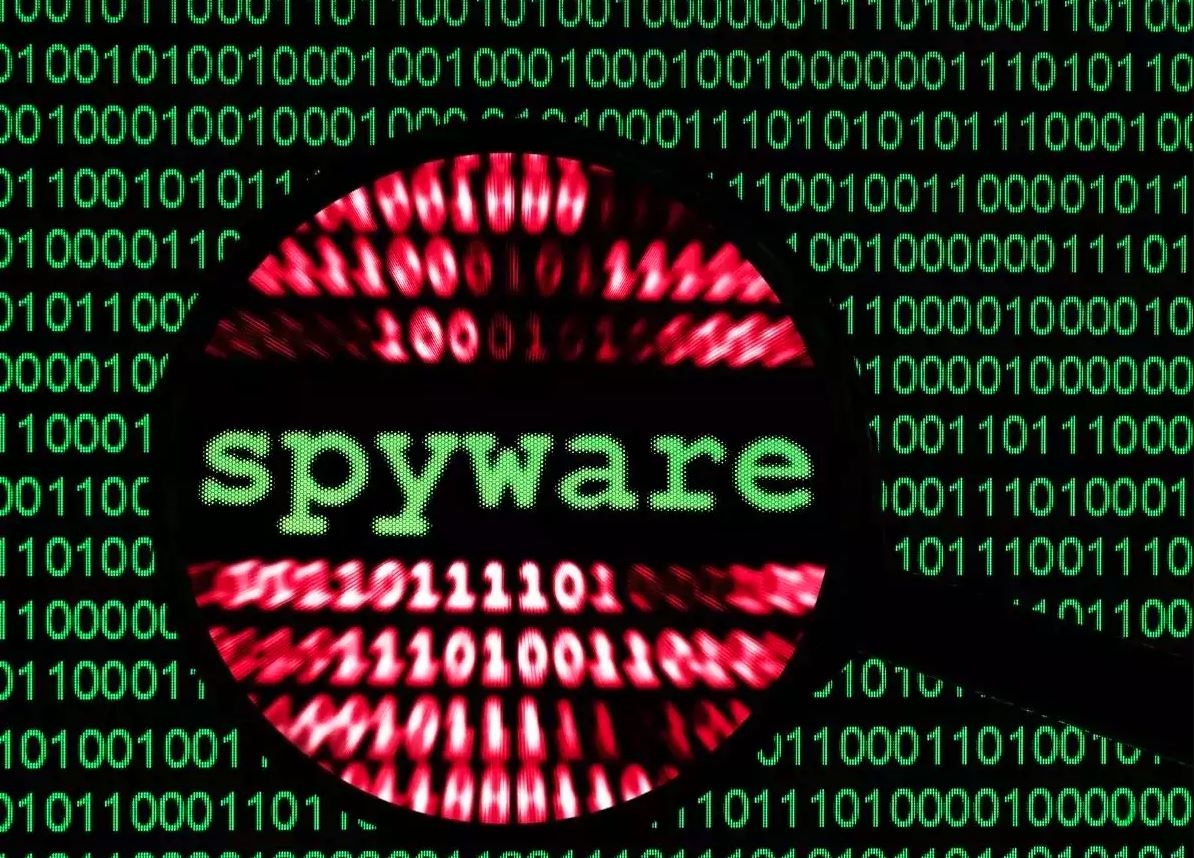The ongoing saga around Greece’s wiretapping investigation took a new turn today when a report at In.gr highlighted that some of the targets of the illegal Predator software, which were also surveilled by Greece’s National Intelligence Service (NIS), received SMS messages from Predator containing information that could have only been provided by the NIS itself.
Why It’s Significant
In.gr alleges that this latest development exposes flaws in the rationale and details of an expert report used in the investigation, which previously determined that any overlap between surveillance targets of the NIS and targets of the illegal Predator software were purely coincidental.
Drawing a link between delcared targets of the NIS and those impacted by Predator is crucical to determine whether or not the Greek government used the illegal Predator software to spy on individuals.
Also to be answered is whether or not the Prime Minister’s office was aware of the use of Predator by the NIS, if it is indeed proven that the NIS used the software.
According to the expert report, 181 persons were monitored by the NIS. And 28 individuals, that were jointly monitored by the NIS and Predator, received misleading SMS messages about their COVID vaccines or other matters, that could have only been known via NIS wiretaps.
The SMS Messages
Specifically, seven “targets” of the illegal Predator software had recieved SMS messages that, once clicked on, installed the software onto their devices.
The SMS messages that were used to “fish” for the targets of the wiretapping scandal were messages related to the booking of their COVID-19 vaccines- information that could only have been gained from the NIS, says In.gr.
Recipients of the SMS messages were asked to click on a link to confirm the booking of their vaccine, which then installed Predator on their phones.
The seven targets receiving the SMS messages were also targets of Greece’s National Intelligence Service (NIS).
In.gr says that analysts and legal experts on the case question how those who sent the SMS message to the seven individuals could have known that the targets had already submitted a vaccination request, received a state SMS with their appointment, and on the same day were able to send out a misleading message with a deceptive link for a supposed appointment confirmation.
Implications
In.gr also highlights that a previous investigation into IDIKA (the electronic governance of social security) by Greece’s data protection authority showed that there was no data leak of citizens’ vaccinations requests.
If this is the case, then the only plausible explanation is that the Predator handlers were aware of the victims’ vaccination-related correspondence through prior surveillance by Greece’s NIS, thus poking holes in the expert report claiming any overlaps were sheer coincidence, says In.gr.






